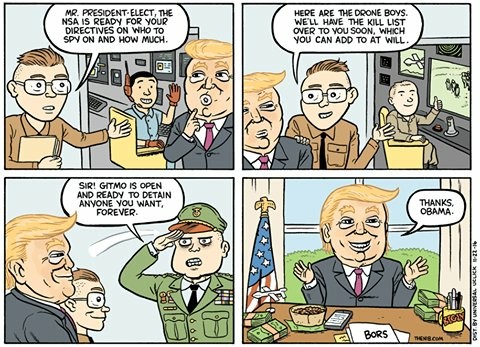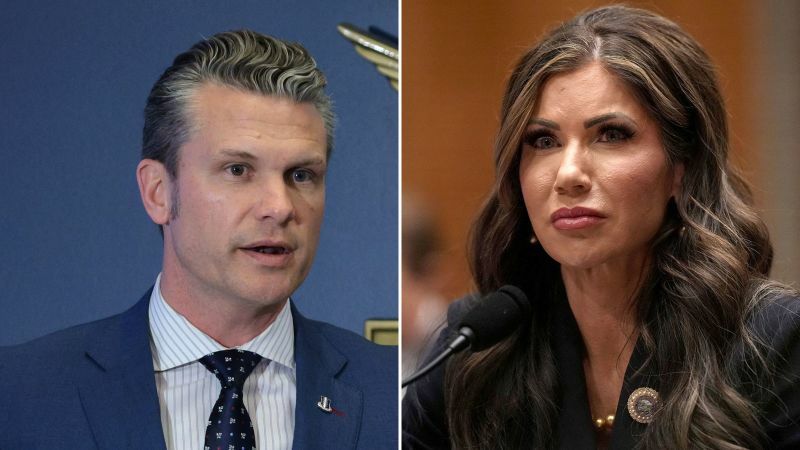Moving The Window – Civil Discourse with Joyce Vance
Moving The Window
By Joyce Vance, Aug 16, 2025 Tonight’s piece runs longer than I like to, especially on a Saturday night, but the issues are serious, and incumbent upon us all to stay caught up. Thanks for being here and for reading Civil Discourse. If it helps you understand these issues better, I hope you’ll share it with friends and consider subscribing if you don’t already.The Overton Window is a model that describes the range of policies considered acceptable at a given time by the public and policymakers. It’s the spectrum of ideas that are legitimate, feasible choices, and anything that falls outside of the window is considered too extreme for serious consideration. For instance, the idea of deploying the National Guard, or even the military, on American streets to control the local population is something we would have considered far outside of the Window for decades.
Think of what Donald Trump is doing in the District of Columbia in these terms. He’s made up a crisis—a wave of crime that doesn’t exist.
The law in the District is different from how it is elsewhere because of limited home rule and a law that was drafted, at least arguably, to give the president alone the ability to declare an emergency that would permit control of local law enforcement. Trump tried it in Los Angeles, but ran into issues, like the Governor’s objection and the Posse Comitatus Act, which prevents direct law enforcement by the Guard and the military. But in the District of Columbia, Trump has asserted the ability to seize control of the Metropolitan Police for at least thirty days and longstanding DOJ interpretation of the law says Posse Comitatus doesn’t apply in D.C.
Trump is using the quasi-federal status of the District to socialize the idea that he can:
- make up an emergency and no one can challenge his thinking
- seize control of local law enforcement
- use the National Guard for direct law enforcement purpose
For the casual observer of American politics, he’s creating a new normal and shifting the Overton Window to include a presidential takeover of American cities.
Next stop, Los Angeles, Baltimore, Oakland, New York and Chicago, all cities Trump said were “bad, very bad,” without explanation. All cities where the law is less friendly to a Trump takeover than it is in the nation’s capital. But Trump has been more than willing to brazen it out in court and live to fight in the Supreme Court, where he hopes for, and has frequently been rewarded with, a decision that hands over more power to the unitary executive. To be able to last out the appeal, Trump needs to make sure that the public isn’t so outraged that he has to pull back. Hence, the need to move the Overton Window.
A potential pitfall for Trump is that outside D.C., he’ll need to convince courts, where his moves will certainly be challenged, that his determination of an emergency or other condition necessary to allow him to interfere with state and local control is not reviewable. Since his first day in office, when he declared an emergency at the border, Trump has been relying on that notion, that contrary to the checks and balances the Founding Fathers set up, any decision he makes that there is a national emergency can’t be challenged in the courts. Then, he declared an emergency that permitted him to make the (false) claim that the Venezuelan drug cartel Tren de Aragua was invading the United States, which set up his inhumane deportations of people to CECOT prison in El Salvador without due process. Most recently, it has been tariffs, predicated on the claim that “foreign trade and economic practices” have led to a “national emergency.” In each instance, Trump has faked an emergency, while pushing the courts to say that they cannot review his decisions. So far, the lower federal courts seem to be skeptical. At some point, that issue will make its way to the Supreme Court. If SCOTUS lets him get away with that, our position becomes that much more precarious.
Continue/Read Original Article Here: Moving The Window – Civil Discourse with Joyce Vance


